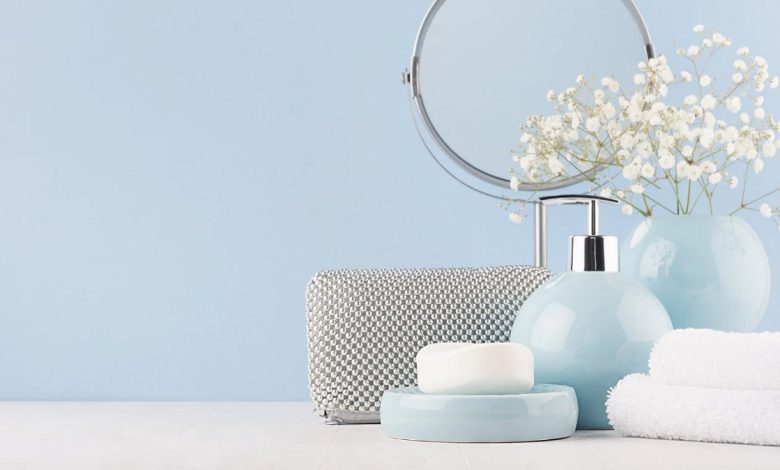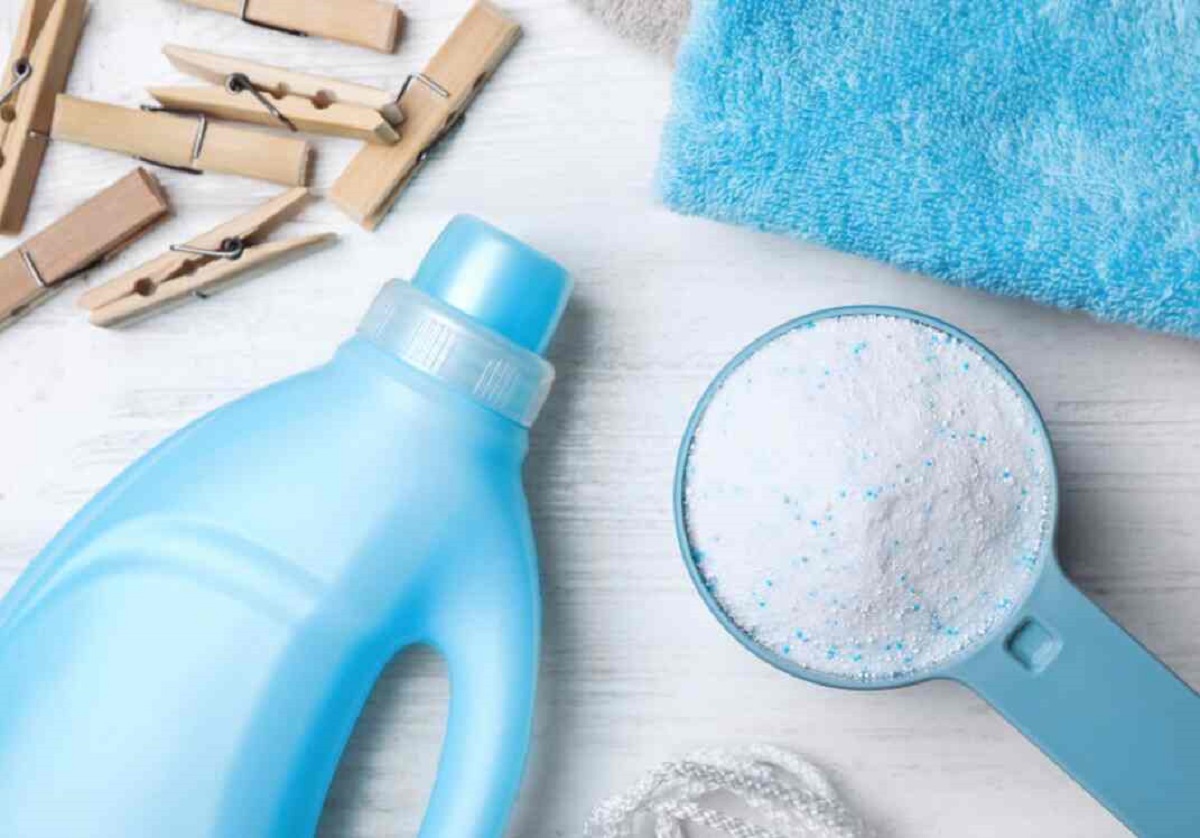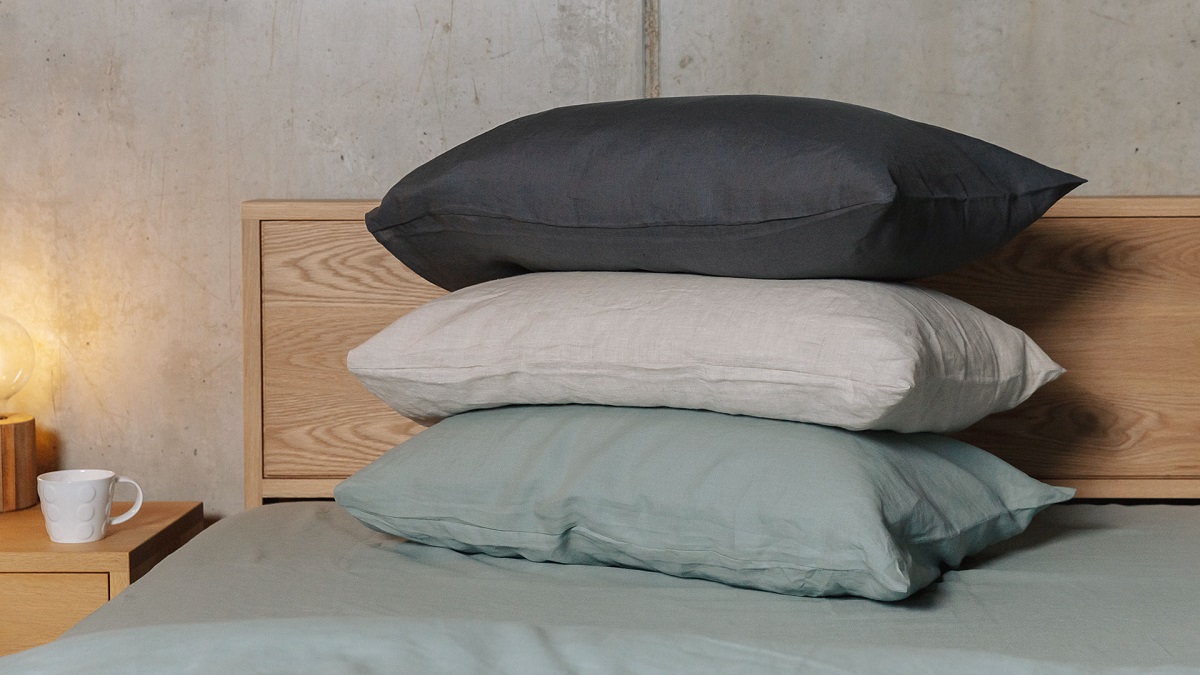4 Products That Can Cause Skin Irritation When Used At Home

Skin Irritation: Fragrances and Dyes in Products Are Common Causes of Skin Allergies!
Skin specialists say that spending most of our time indoors due to quarantine has benefited our skin due to reduced exposure to air pollution.
Skin Irritation, However, this situation doesn’t mean there are no concerns for our skin at home. In fact, everyday items in the house, which might seem harmless, can potentially cause significant skin issues.
To understand which household products we should be cautious with, we consulted skin experts who shared that anything from bedding to air conditioning units could affect the skin adversely.
Dr. Michael Farber from the Skin Care Specialists Group in New York told, “Many daily-use products in the home, especially for people with eczema or sensitive skin, can irritate the skin.”
As many of us spend more time indoors than ever before, the following household items are among those we should be aware of:
Products That Can Cause Skin Irritation
1. Laundry Detergent

Skin Irritation, According to Dr. Joshua Zeichner, a dermatologist and director of cosmetic and clinical research in dermatology at Mount Sinai Hospital in New York, laundry detergents in homes are a common cause of acne, skin irritation, and allergies.
Fortunately, there are ways to prevent negative effects of laundry detergent on the skin.
Dr. Zeichner told The Independent, “You must follow the instructions on the packaging. Overfilling the washing machine with detergent can lead to skin irritation. Excess detergent molecules can get trapped in the fibers of the fabric and, when in contact with the skin, can cause breakouts.”
Skin Irritation, Another concern with laundry detergents comes from the fragrances and dyes they contain, which Dr. Zeichner says “are often the cause of most skin allergies.”
To minimize the risk of a severe reaction, he recommends using fragrance- and dye-free detergents like Tide Free & Gentle, which has a lower pH compared to many competing products.
Dr. Farber also emphasized the danger of detergents and suggested opting for hypoallergenic, fragrance-free, and dye-free products.
He said, “Products like All Free & Clear, or Tide Free & Gentle, are safe for eczema-prone skin since they are free from fragrance and dyes.”
Skin Irritation, This advice also applies to other household products, which, according to Dr. Farber, may have “an alkaline pH that is harmful to the outer skin layer.”
In addition to checking the ingredients of cleaning products, Dr. Farber suggests wearing gloves to limit exposure to potential irritants.
2. Soap
Skin Irritation, If you’re experiencing skin irritation, it’s worth considering whether your soap or body wash could be the culprit.
According to Dr. Farber, one of the ingredients that could be to blame is sulfate— the cleansing agent in shampoos and soaps that creates lather and causes skin irritation. Fragrances and essential oils are also common offenders.
Dr. Farber explained, “Soap formulas often contain sulfates and fragrances, and the harshness can strip the skin, causing dryness. Fragrances also trigger allergic reactions in sensitive individuals. For cleansing, use sulfate-free and fragrance-free products.”
Skin Irritation, He recommends brands like Vanicream, which offer “mild, fragrance-free formulations that are less likely to irritate the skin.”
3. Bedding

Skin Irritation, Hair care experts often recommend silk sheets, but they’ve also been found to be good for your skin.
Dr. Zeichner explains that the sheets we sleep on each night, especially if made from synthetic materials, “can be harsher on the skin, potentially causing irritation, dehydration, and inflammation.”
Another potential skin problem related to bedding is the absorption of dirt and oil, which Dr. Farber says can “increase skin irritation.”
Skin Irritation, While sheets alone may not cause acne, he added, “They can exacerbate acne in individuals who are prone to it.”
To reduce risks, Dr. Farber suggests opting for silk sheets, which are gentler on sensitive, acne-prone skin since silk does not absorb oils and dirt as much as other fabrics.
Dr. Zeichner agrees, recommending bedding made from natural materials like cotton, silk, or flannel.
Dr. Farber also advises washing pillowcases every few days with hypoallergenic laundry detergent.
4. Air Conditioning Units
Skin Irritation, One of the hottest months of the year is approaching, and avoiding air conditioning may be impossible.
Unfortunately, this also means the likelihood of increased skin irritation, as Dr. Zeichner confirms, “Your air conditioning system can negatively affect your skin.”
He said, “Dry air can lead to skin dryness and disrupt the outer skin layer.”
Dr. Zeichner recommends using a humidifier in the home and turning it on when you sleep, “especially if your skin is dry.”
Skin Irritation, He added, “Increasing humidity can actually help hydrate your skin overnight.” He further emphasized that a cool mist humidifier is safer than a steam humidifier since it provides the same effect but is safer to use.
In addition to a humidifier, Dr. Farber also suggests not setting your thermostat to extreme temperatures, whether hot or cold.
Skin Irritation, In conclusion, if you notice that your skin is irritated, it’s a good idea to review your household cleaning and hygiene products and consult a dermatologist for advice.
Also Read:
The Best Skincare Routine For Glowing Skin
Skincare After Shaving: Steps You Should Observe After Shaving
The 13 Dermatologist-Approved Skincare Tips To Have Best Skin




